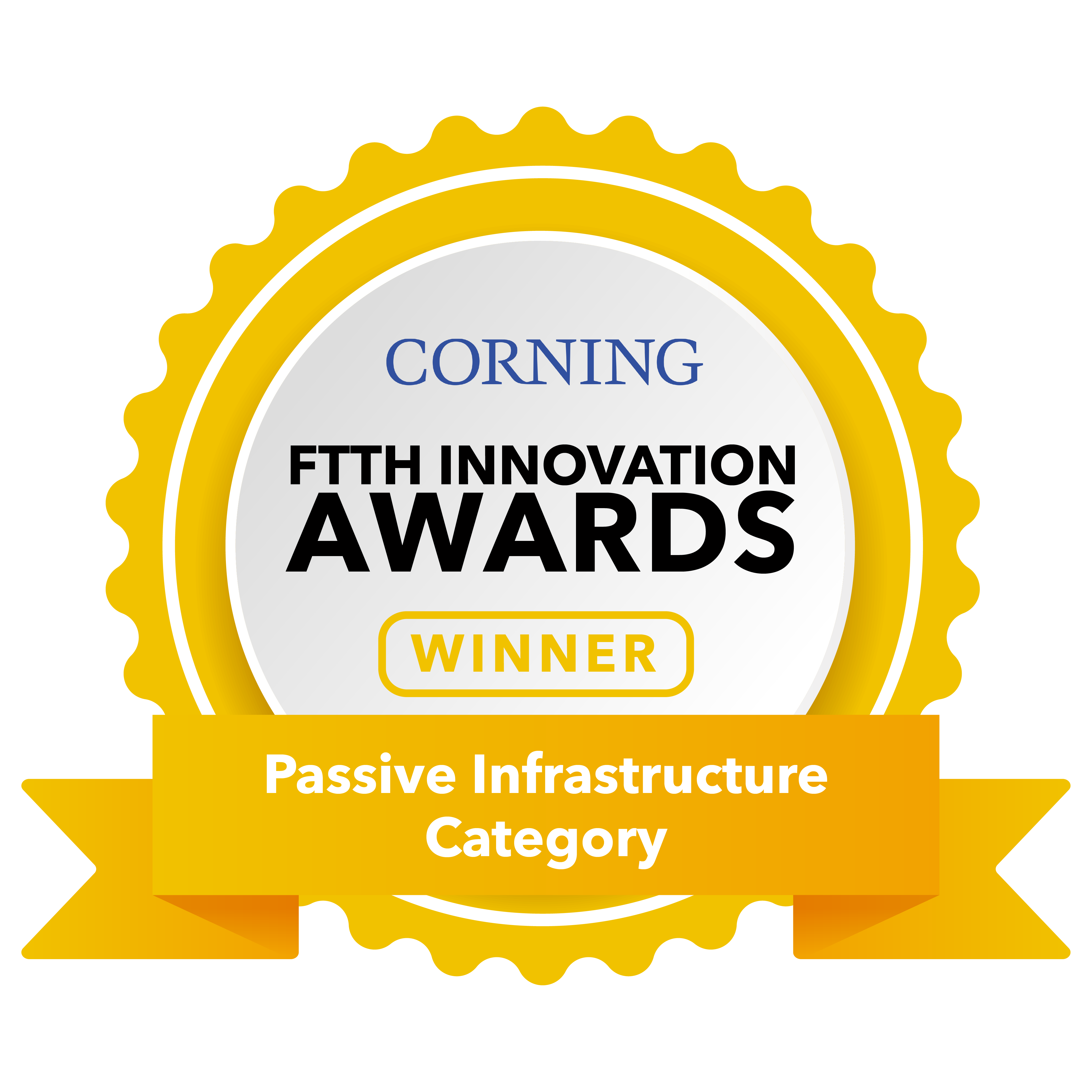Urban cities in the Middle East are facing challenges of urban congestion, traffic safety and air pollution. Rather than just investing in roads and public transport systems, Smart Cities applications (Smart Mobility) are able to provide efficient, sustainable and data driven urban transportation networks that can be used by governments to mitigate traffic collisions and improve traffic congestion and reduce CO2 emissions as well as making transportation more accessible and affordable.

The introduction of 5G mobile networks supported by a robust and flexible fiber access networks in UAE, OMAN, Qatar & KSA is boosting the implementation of such a technology. However, investing in 5G is still further behind for other MENA countries despite their efforts to expand their fiber networks in order to support future plans for 5G deployments. A smart city transportation will be based on two pillars:









